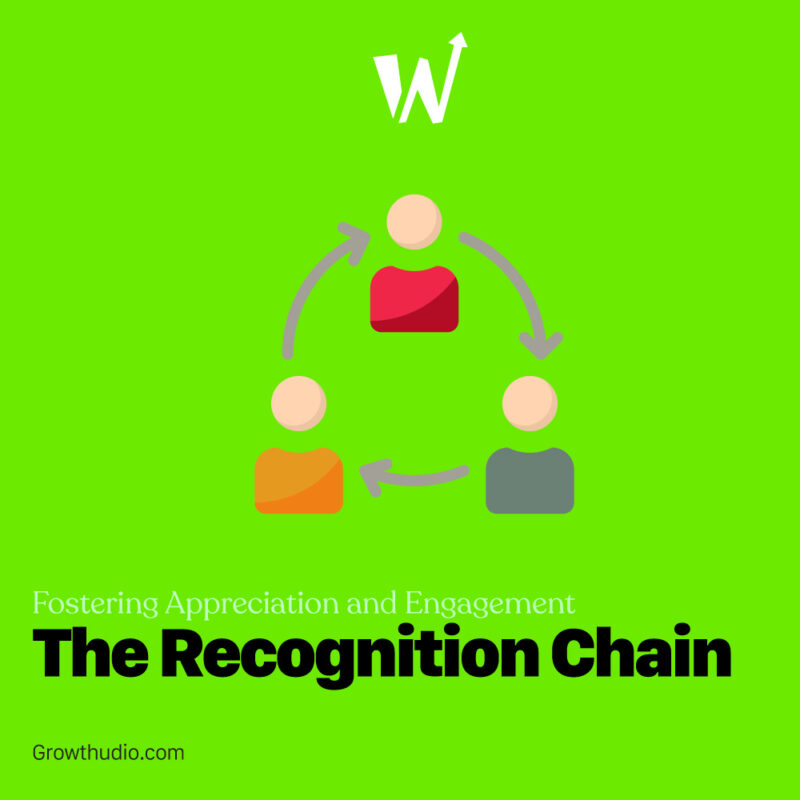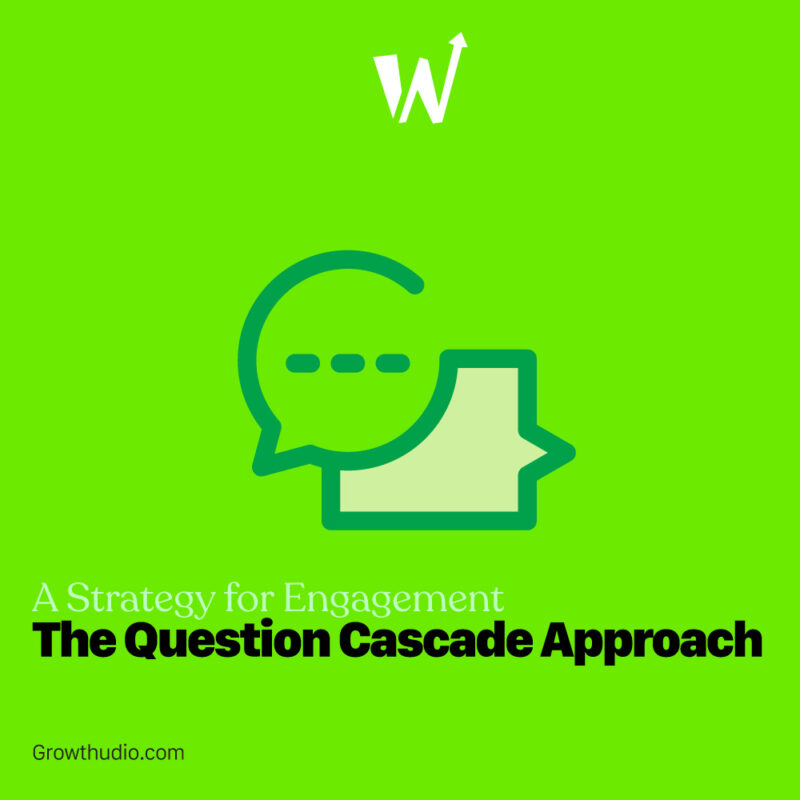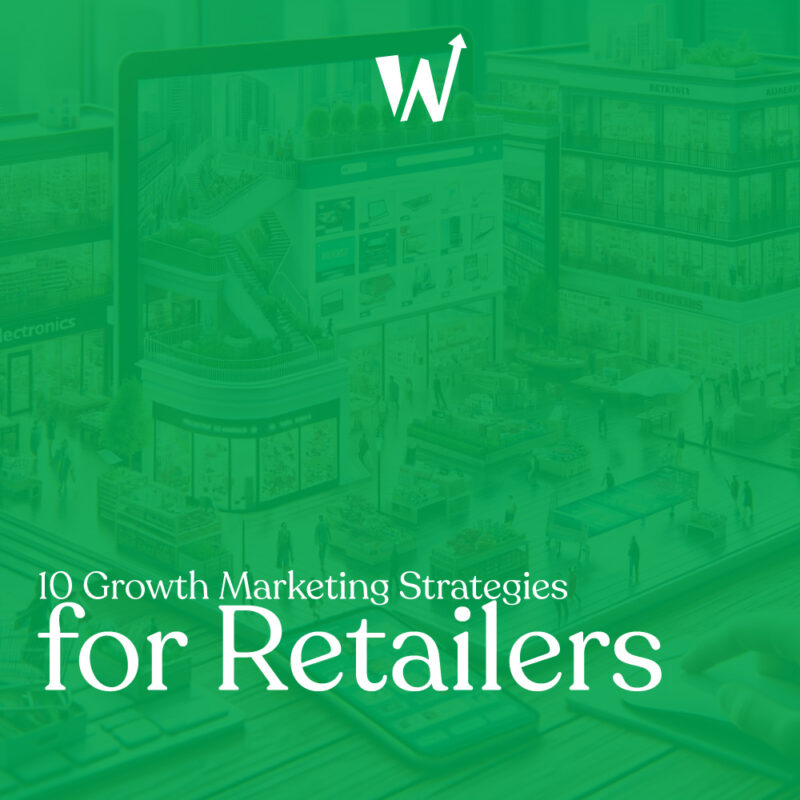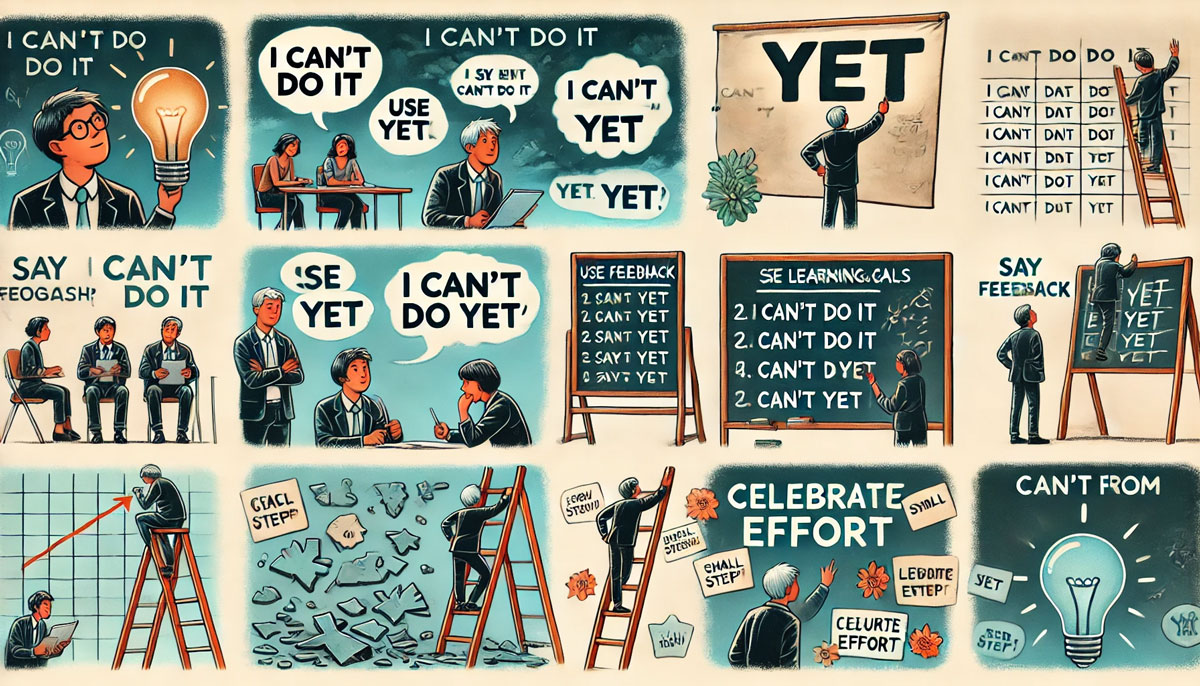In today's fast-paced business environment, the concepts of growth marketing and a growth mindset are not just buzzwords—they are essential components of success. As industries evolve, the ability to innovate, adapt, and continuously improve becomes a critical competitive advantage. This article explores how growth marketing and mindset strategies are applied across various industries, highlighting the unique approaches that drive success in each sector.

Technology and Software: Innovate and Iterate
The technology and software industry is synonymous with rapid innovation. Here, growth marketing is centered on product-led growth (PLG), where the product itself drives user acquisition and retention. Companies often leverage free trials or freemium models to attract users, allowing them to experience the product's value before committing to a purchase. Data-driven decision-making is also paramount, with companies using analytics to refine user acquisition channels, optimize conversion rates, and enhance product features.
A growth mindset in this industry focuses on continuous improvement and innovation. Companies must stay ahead of technological advancements and market trends, fostering a culture prioritizing user-centricity. By constantly iterating on products and incorporating user feedback, technology companies can maintain a competitive edge.
E-Commerce: Personalization and Agility
The e-commerce sector thrives on understanding and meeting the needs of a diverse customer base. Growth marketing strategies here emphasize customer segmentation and personalization. By leveraging data, e-commerce businesses can create targeted marketing campaigns that resonate with specific audience segments, leading to higher engagement and conversion rates. An omnichannel strategy, integrating online and offline channels, is also crucial for providing a seamless shopping experience.
A growth mindset in e-commerce revolves around delivering exceptional customer experiences. From user-friendly interfaces to responsive customer service, every touchpoint matters. Additionally, the ability to adapt quickly to market trends and shifts in consumer behavior is essential. E-commerce businesses that remain agile are better positioned to capitalize on new opportunities and navigate challenges.
Healthcare: Educate and Build Trust
In the healthcare industry, growth marketing must be approached with care and responsibility. Educational content plays a vital role in building trust and driving engagement, whether the target audience is patients or healthcare professionals. Compliance with regulations like HIPAA is non-negotiable, making transparency and ethical marketing practices crucial.
A growth mindset in healthcare is patient-centric, focusing on improving patient outcomes and experiences. Ethical responsibility is also a cornerstone of success in this industry. Healthcare organizations must prioritize data privacy and maintain a strong commitment to ethical considerations in all marketing efforts.
Financial Services: Build Trust and Educate
Trust and security are the cornerstones of growth marketing in the financial services sector. Financial institutions must emphasize the security and reliability of their products and services to build and maintain customer trust. Content marketing, particularly in the form of educational resources on financial literacy, is another key strategy for attracting and retaining customers.
The growth mindset in financial services is closely tied to regulatory awareness and customer education. Financial institutions must stay informed about industry regulations and ensure their marketing practices comply with them. Additionally, educating customers about financial products and services is essential for building long-term relationships and fostering customer loyalty.
Consumer Goods: Brand Building and Responsiveness
For consumer goods companies, brand building is at the heart of growth marketing. Developing a strong brand identity and using storytelling to connect with consumers are critical strategies for success. Collaborating with influencers is another effective way to reach broader audiences and build credibility.
A growth mindset in this industry involves actively seeking and acting on customer feedback to improve products and services. Consumer goods companies must also remain responsive to changing consumer preferences and market trends. By staying attuned to these shifts, they can adapt their offerings to meet evolving customer needs.
Education: Engage and Innovate
The education sector presents unique challenges and opportunities for growth marketing. Content strategy is key, with educational institutions and companies developing engaging and informative content to attract students and educators. Partnerships with other educational institutions and industry organizations can also expand reach and impact.
A learner-centric mindset is crucial in education, focusing on the needs and goals of students and educators in all marketing efforts. Embracing new technologies and methods to enhance the learning experience is also essential. Education providers that innovate in how they deliver content and support learners are better positioned to thrive in an increasingly competitive landscape.
Real Estate: Showcase and Build Relationships
In the real estate industry, growth marketing strategies must be hyper-local and visually compelling. Local SEO optimization helps attract potential buyers or renters in specific areas, while virtual tours and high-quality visuals effectively showcase properties.
A growth mindset in real estate emphasizes market knowledge and relationship building. Staying updated on real estate trends and market conditions enables agents to provide valuable insights to clients. Building strong relationships through personalized service and trust is essential for long-term success in this industry.
Conclusion
Growth marketing and a growth mindset are powerful tools that can drive success across a wide range of industries. While the specific strategies may vary, the underlying principles of innovation, customer-centricity, and adaptability remain consistent. By embracing these concepts, businesses can navigate the complexities of their respective industries and achieve sustainable growth.






